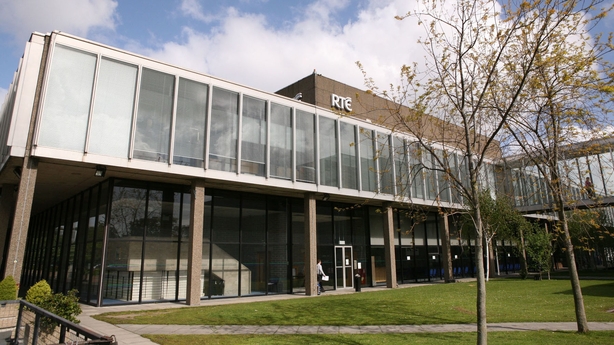Trust is a central part of RTÉ's relationship with its audience.
The word is right there on its website, which states that the broadcaster's mission is to nurture trust by being fair and open about the decisions it makes, and that it is accountable to the public.
There are many areas in which the broadcaster can justifiably say it has earned that trust.
Just last week, for example, RTÉ News was named the most trusted brand in the country by the annual Reuters News Report.
And during the Covid-19 pandemic, audiences turned to the broadcaster both for news and for entertainment, with shows like the Late Late Show battling on in front of empty chairs, showing the country that although times were tough, we were all going through them together.
That is why, when the discrepancy between what RTÉ reported it paid Ryan Tubridy, and the actual figure was revealed, it was the word 'trust' that appeared most frequently in the coverage.
Speaking on the Six One news, RTÉ Board Chair Siún Ní Raghallaigh, who took up the role last November, said the board deeply regretted the betrayal of trust to the public, while Minister for Media Catherine Martin said she was extremely concerned, and that the public expects much higher standards of transparency and accountability from Ireland's public service broadcaster.
Employees at the station also expressed hurt and anger, with the RTÉ branch of the NUJ pointing out that researchers on the Late Late Show earn salaries that are much less than the additional payments made to Mr Tubridy and pointing to efforts made by RTÉ to cut the pay and conditions of staff in recent years.
This breach of trust however goes far beyond the story of Mr Tubridy's wages and this morning's news headlines.

RTÉ has been arguing for many years now that it needs reform of the licence fee.
The broadcaster makes the reasonable point that the current licence fee regime is outdated and belongs to a time when all households watched one fixed television in the corner, as opposed to the current situation where people can consume RTÉ content without owning a television at all.
RTÉ has said it cannot continue to supply its comprehensive programming without adequate funding and the station has been supported in that plea by the independent production sector who depend on RTÉ broadcasting the content they produce.
Last year, the Future of Media Commission recommended a change in how RTÉ is funded but that recommendation was rejected by government.
It continues to review the issue with a decision not expected to happen until towards the end of next year.
These debates do not happen in a vacuum, and yesterday's events will be closely observed by those charged with making the decision.
Ms Ní Raghallaigh has said the situation with the Tubridy payments had been damaging to RTÉ and that trust would have to be built up again.
As the organisation heads into a new era, with a new Director General taking up his role in July and the matter of its funding still under debate, rebuilding trust and its relationship with its audience is one of the major issues it now has to tackle.







